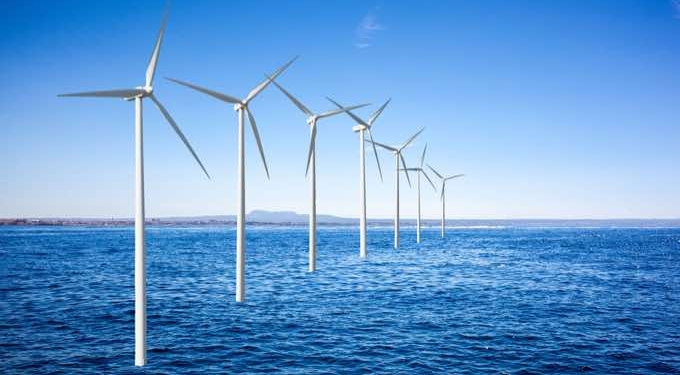
By Sami Grover | treehugger.com
It's a number that's been thrown around a lot recently. There's a danger it will be misunderstood.
When I wrote about a report suggesting the pace of decarbonization needs to treble, I also mentioned the recent IPCC report which has garnered various versions of the following headline:
“We have 12 years to save the planet.”
This phrase, or something like it, has been bandied about by politicians, journalists and activists alike. And in many ways it's a useful framing that drives home the urgency of the situation we face. There is also, however, a strong danger (nay, certainty) that it will be misunderstood and/or misrepresented. So let's first cover what it doesn't mean:
1) It does not mean that we have 12 years before we have to act.
2) It does not mean that we have 12 years to completely decarbonize.
3) And it does not mean that the fight is over if we fail to reach our target in 12 years.
It was misreadings like this that lead to some fun fireworks on twitter last night, in which famed climate scientist Michael E. Mann dived into the fray to defend Democrat Alexandria Ocasio-Cortez from accusations of alarmism:
Agreed–that's the right framing, and the @AOC statement is defensible in that context. Some seem anxious to throw her under the bus… https://t.co/hKKVjAtIdc
— Prof Michael E. Mann (@MichaelEMann) January 22, 2019
What the 12 year figure in the IPCC report does refer to is that, if we are going to have a reasonable chance of keeping warming to 1.5 degrees, we have just over a decade to cut global emissions some 45% based on 2010 levels. We then have another two decades (until 2050) to reach zero net emissions.











![Dr. Joe Dispenza: How to Rewire Your Brain For a Better Healthier You [VIDEO]](https://consciouslifenews.com/wp-content/uploads/2017/01/Brain-Drawing-75x75.jpg)



![Everything You Ever Wanted to Know About 9/11 Conspiracy Theory in Under 5 Minutes [VIDEO] | by James Corbett](https://consciouslifenews.com/wp-content/uploads/2018/09/911-a-conspiracy-theory-120x86.jpg)
